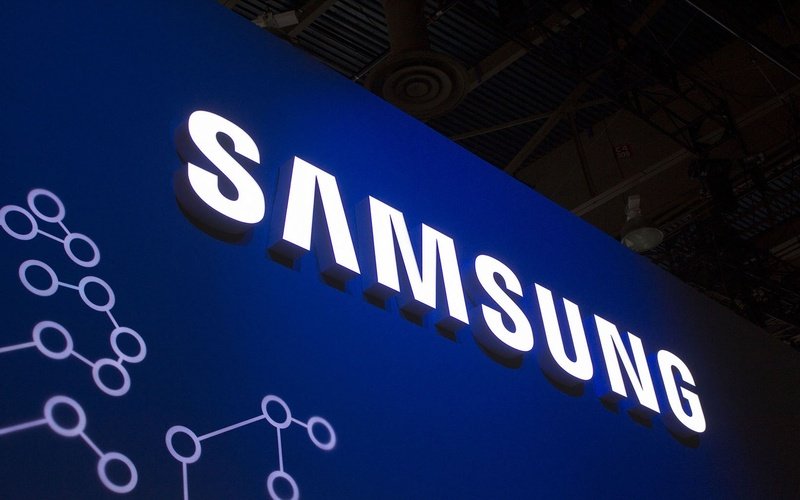In what will be the first battery supply agreement between the two businesses, Samsung SDI (006400. KS) of South Korea said on Monday that it will provide Hyundai Motor (005380.KS) with electric vehicle (EV) batteries for seven years beginning in 2026.
“The latest supply deal marks the first ever partnership between Samsung and Hyundai Motor Group in the field of electric vehicle batteries,” Samsung SDI stated in a press release.
The battery manufacturer, which already supplies to General Motors Co (GM.N), Stellantis (STLAM.MI), and BMW (BMWG.DE), said that starting in 2026, it would provide prismatic batteries made at its Hungary-based facility for Hyundai Motor’s EVs aimed for the European market.
Samsung SDI would probably deliver EV batteries that could power around 500,000 EVs over the next seven years, according to a source familiar with the situation who spoke to Reuters. Samsung SDI and Hyundai Motor did not specify the amount of the transaction. Earlier this month, Samsung SDI announced plans to spend $2 billion on constructing a second joint EV battery facility in Indiana, the United States, with Stellantis. Production is expected to begin in 2027.
As of 0203 GMT, shares of Samsung SDI were trading 0.3% higher than the benchmark KOSPI (.KS11), down 0.1%. The partnership’s effects go beyond the car industry. Hyundai Motor supports the global effort to reduce carbon emissions by utilizing Samsung SDI’s knowledge of environmentally friendly battery technology. These cutting-edge batteries allow EVs to operate greener and more sustainably than conventional gasoline-powered vehicles.
With models like the Hyundai Kona Electric and the Ioniq Electric growing in favor of consumers, Hyundai Motor has been slowly increasing its line-up of electric vehicles. Hyundai can continue to develop and broaden its EV options with Samsung SDI as a battery provider, meeting a larger range of customer preferences and demands.
A significant advancement in electric vehicle technology may be seen in the partnership between Samsung SDI and Hyundai Motor. It not only underlines a shared commitment to a more sustainable and environmentally friendly future but also guarantees Hyundai a consistent supply of cutting-edge batteries.
Partnerships like this will be essential in advancing innovation, enhancing performance, and expanding the market for electric cars as the EV sector develops.



























































Comment Template